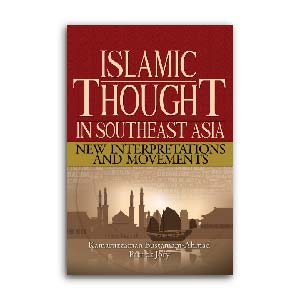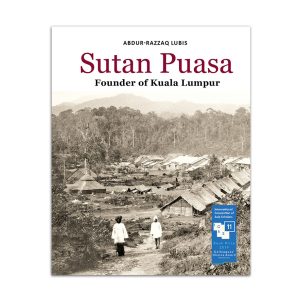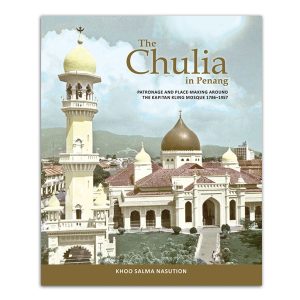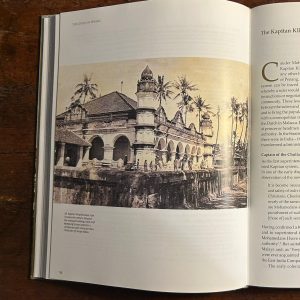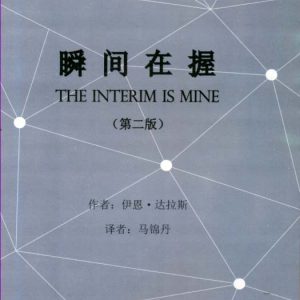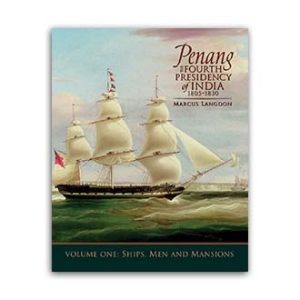Recent years have witnessed a remarkable growth in scholarship on Islam within Southeast Asia. Underlying this scholarship is a desire to resolve several issues such as:
- the pressing social and political problems facing Muslim communities;
- an awareness of the significance of pluralism and cultural hybridity within Southeast Asian societies, and
- the rapidly growing interaction between Southeast Asian Muslims and the outside world.
The chapters in Islamic Thought in Southeast Asia: New Interpretations and Movements represent some of the exciting new directions young scholars in Southeast Asia universities are taking Islamic Studies. Themes covered include:
- Islam and liberalism,
- the diverse streams of contemporary Islamic thought,
- “neo-Sufi” movements,
- Islam and human rights,
- the growing influence of Islamic law,
- Islam and democratic politics,
- Islamic education, and
- the relationship between Islam and ethnic identity.
The chapters were originally presented at an international workshop held by Walailak University’s Regional Studies Program in Nakhon Si Thammarat, southern Thailand, in 2007. The workshop brought together a large number of young scholars of Islam in Southeast Asia, the great majority of whom are living and working in the region. The countries that are the focus of this book are Indonesia, Malaysia and Thailand. The former two produce the bulk of scholarship on Islamic Studies in the region, while Thailand provides an example of a country with a lesser developed Islamic Studies scholarship. As is well known, the latter is currently experiencing a violent conflict in the south which has an Islamic hue.
Seen as a whole, the essays may thus be regarded as the expression of a dynamic new generation of Southeast Asian intellectuals currently teaching and researching in Southeast Asia in the various disciplines of Islamic Studies.

